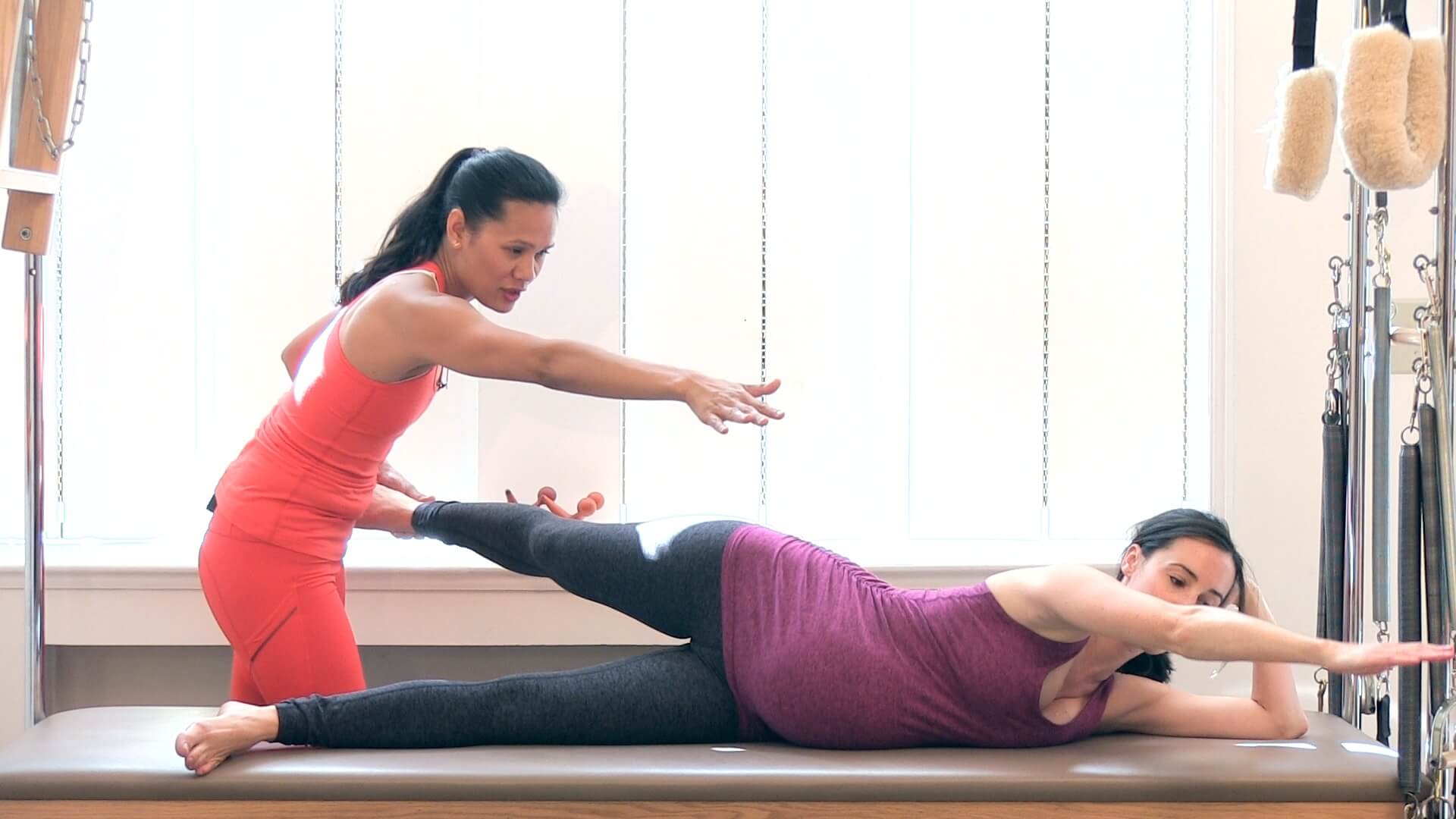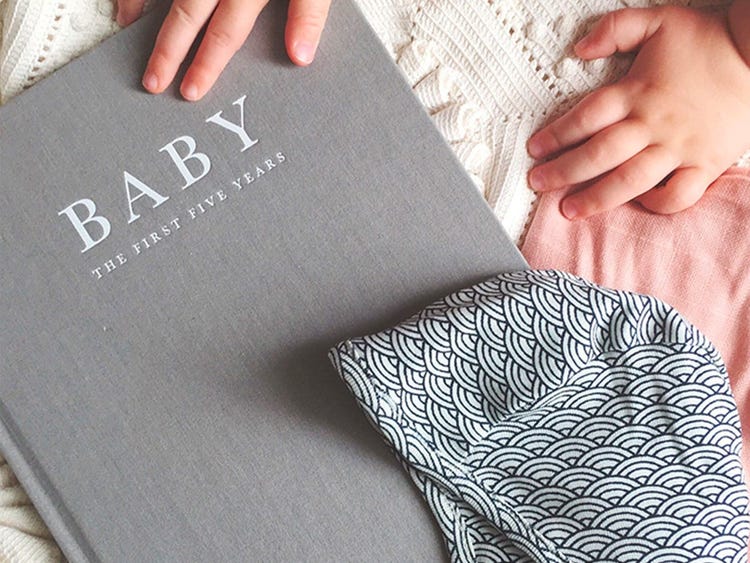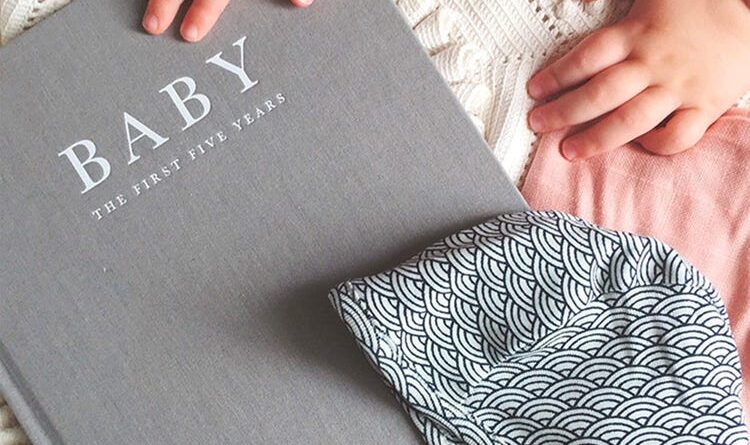From choosing the type of music to listen to and picking scented candles for aromatherapy to planning daily exercises to achieve optimal foetal position, there are many things you can do to prepare yourself for labour.
In most cases, all these things provide you with a sense of assurance. However, listing too many pre-labour tasks can also leave you feeling overwhelmed.
With so many tips and unsolicited advice, you are probably getting, your anxiety level in anticipating that life-changing moment could most likely be reaching sky-high by now.
But don’t fret, for there are ways you can make the process much simpler while still enhancing the experience and, ultimately, allowing you to enjoy your pregnancy more.
Here Live Enhanced explore a concise checklist of what moms-to-be need to do before going into labour.
Study up (but don’t overdo it)

source: static.onecms.io
Knowledge empowers you into making wise decisions for your pregnancy and childbirth. However, you must be careful not to overdo it as an overload of information might scare the life out of you.
You can key get a healthy balance of facts and expert opinion from childbirth classes. Just read to choose one that is taught by a certified childbirth educator or labour nurse.
Start with the basics of the labour process, particularly how to determine when it’s time to go to the hospital or birthing facility. You should also study possible interventions during labour to make informed decisions for your little one’s safe delivery.
Remember that knowing the choices you might be asked to make and how your healthcare provider practices beforehand will reduce the stress you’re feeling and offer you a sense of control and comfort.
Pro Tip: When going to the maternity hospital or clinic for your check-up, pick a few topics to inquire on, beginning with the ones you feel strongly about.
Exercise every day

source: pilatesology.com
Moderate physical activity is recommended as it helps you sleep better and ease some of the anxiety you might be feeling during pregnancy. It also aids in regulating your weight.
Pregnancy exercises don’t necessarily have to be different from your regular workout routine, though you may need to reduce your activities’ intensity.
Walking is one of the best – and safest – workouts you can do throughout your pregnancy. According to a study, regular aerobic exercises could help reduce your labour time, not to mention it could lower the chances that you’ll need an epidural.
You can also attend prenatal workout groups. Although prenatal yoga isn’t a necessity, going for a weekly class could be worth your while as it can help with enhancing your labour experience, especially with:
- Breathing
- Flexibility
- Relaxation
Write your birth plan

source: insider.com
Your birth plan will serve as a summary of your preferences during childbirth. It can include basic information (like who you want to stay with you while you’re in labour) down to smaller details (e.g., whether or not you want the lights dimmed) to create a positive experience for you.
However, you need to remember that a birth plan can sometimes change since there is no way to predict all the things that can happen on that day. This means that you or your doctors can change specific details of the plan while you’re in labour.
That said, be sure to keep it flexible in case something unexpected happens.
Ready to write your birth plan? Here are some of the most important things you’ll want to include:
Basic information
Aside from your name and contact details, you should also write down your doctor’s name, the hospital or birthing facility where you want to deliver your child, and who you want to be there with you.
Labour preferences

source: babycenter.com
This can include whether or not you want to move around in between contractions, use a birthing chair, stool, or ball, or even take a warm bath or shower during labour.
Ideal atmosphere
What’s “ideal” for your mom, sister, or aunt may not be the best choice for you. Since there’s no single formula that applies to everyone, your goal should be to get the most comfortable during labour.
Do you want the room quiet or with soothing music? Or perhaps you like the lights dimmed? You can even choose whether to have your labour or childbirth captured in a photograph or video.
Pain management details
People have different pain tolerance levels, so pain management is an important thing you need to include in your birth plan.
You may or may not plan to have an epidural, but things might change when you’re already experiencing labour pains. Either way, the best thing you can do is to ask your doctor about the available options, like massage or breathing techniques, to make an informed choice when the time comes.
Preferred delivery procedure

source: altamed.com
The two primary options here are vaginal birth and C-section. However, there are also other details you need to think about, such as:
- who will accompany you in the delivery room;
- whether you agree to an episiotomy (an incision in the vaginal wall to enlarge the opening for the baby to pass through);
- who will cut the baby’s umbilical cord (some hospitals or birthing facilities may allow the patient’s companion to do this);
- whether you need a mirror so you can see your baby’s birth; and
- whether the baby should be laid down on your abdomen after delivery.
Foetal care
After your baby’s safe delivery, he will be handed over to a foetal medicine centre for proper care. If you have specific requests for this – like feeding instructions and care, you also need to add that into your birth plan.
Do you want to breastfeed your newborn child right after giving birth? Or perhaps you want to combine breastfeeding with bottle feeding?
You can also request for your baby to be with you in the same hospital room all the time or brought to the nursery occasionally. You also need to confirm if you will allow the medical staff to offer sugar water or a pacifier to your baby.
Prepare yourself mentally
Last but indeed not the least important thing you need to do is prepare your mind and heart for what is to come. You can do this through mental strategies that could help you feel calm and centred.
One method that has been found to be effective for a lot of first-time mothers is mindfulness meditation. This can help you manage your fears and ease any signs of prenatal and postpartum depression. It also promotes mental relaxation, allowing it to rest as it deserves.
Getting Ready
Preparing for the birth of your little one can be overwhelming. As you’re getting ready to welcome your new bundle of joy, don’t forget to prepare for labour to ensure a positive experience for the whole family.
Don’t forget to take supplements and lactation products to boost your milk supply. You can try this lactation protein powder from Love Majka.




